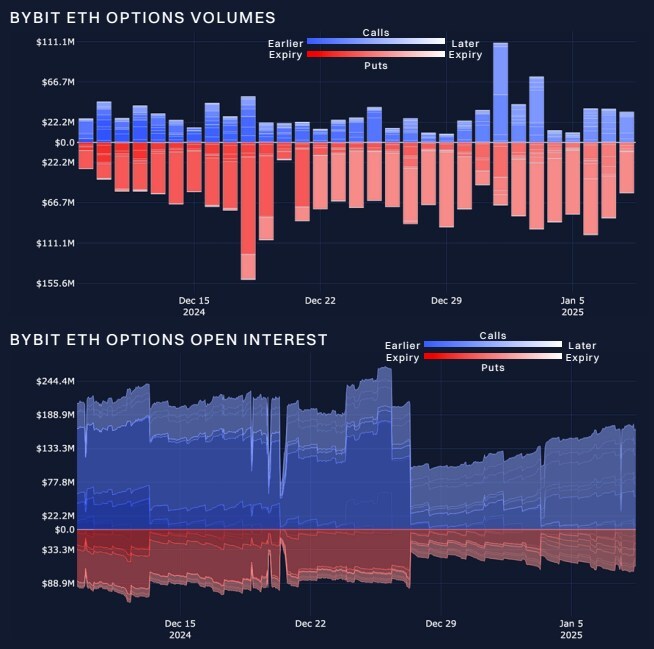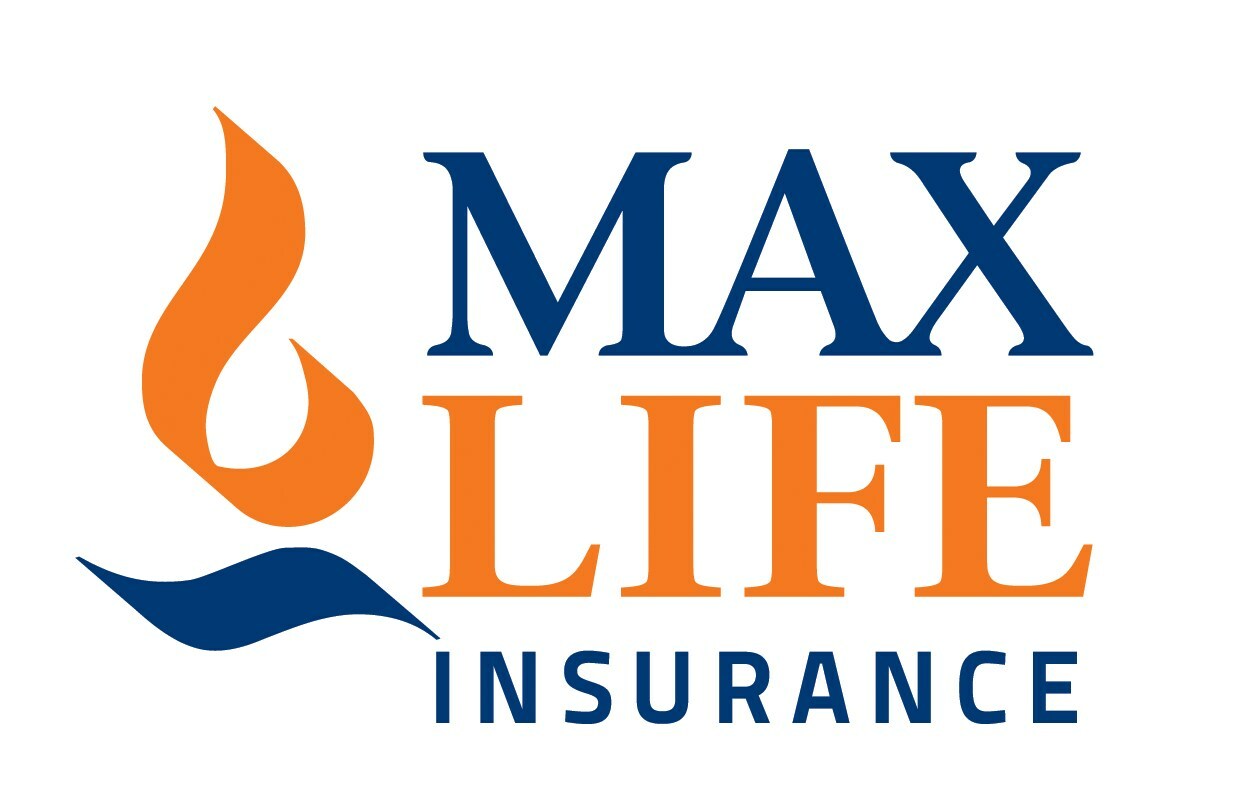Insurance issues join high finance costs, limited inventory and rising home prices as biggest challenges.
Investors unenthusiastic about Trump proposals for higher tariffs and mass deportations.
SOUTH WINDSOR, Conn., Jan. 9, 2025 -- Real estate investor sentiment fell by 27 points from the prior quarter to its lowest point in a year, according to the Winter 2024 RCN Capital/CJ Patrick Company Investor Sentiment Index™. Thirty-five percent of investors viewed today's market as better or much better than it was a year ago, compared to 68% in the third quarter, and the number of investors who felt conditions had worsened over the course of the year almost doubled, from 13% to 25%. Investors were somewhat more bullish on where the market is headed over the next six months, with 42% expecting the market to improve, while only 19% expected it to decline. However, these results were both worse than those in the previous quarter's report, which had the highest percentage of positive responses and lowest percentage of negative responses since the inception of the RCN Capital Investor Sentiment Survey.
The RCN Capital/CJ Patrick Company Investor Sentiment Index™ (ISI) tracks the pulse of real estate investors across the country and gauges their market outlook. The Index uses Summer 2023 (the initial survey) as its basis, and analyzes responses to four key questions:
- Current Market Outlook - How does the environment for residential real estate investing compare to one year ago?
- Future Market Outlook - What's your outlook for residential real estate investing over the next 6 months compared to today?
- Expected Home Price Increases - What do you expect home prices to do over the next 6 months?
- Number of Properties Compared to Past 12 Months - How does the number of properties you plan to invest in over the next 12 months compare to the number of properties you've invested in over the past 12 months?
The Index score dropped from 124 in the Fall to 97 in the Winter – a point higher than last Winter's score, but a sharp decline after four consecutive quarters of growth. Three of the four metrics in the Index showed quarter-over-quarter declines: views on the current market dropped by 22 points; outlook for the future market by 21 points; and belief that prices will continue to rise dropped by 10 points. Plans to buy properties, while still the lowest number in the index, actually improved by two points.
"Rising interest rates on purchase loans and negative pressure on rent prices may have caused investor sentiment to reverse course after a year of steady improvement," said RCN Capital CEO Jeffrey Tesch. "This particular iteration of our survey also had an unusually high percentage of respondents who were rental property investors, who tend to be less optimistic. That may have colored the results a bit."
Flippers Continue to be More Optimistic Than Rental Investors
Fix-and-Flip investors were significantly more positive about market conditions than were rental property investors. Over 45% of flippers believe that market conditions have improved over the past year, and more than 48% expect things to continue to improve. Conversely, only 31% of rental property investors believe that today's market is better than last year's, and about 33% expect conditions to improve over the next 6 months. It's worth noting, however, that all of these responses for both categories of investors were lower than they were in the prior quarter's survey.
Both rental property and fix-and-flip investors agree that home prices will continue to rise: 55% of all respondents, 55% of flippers, and 56% of rental investors agree. But here again, responses were somewhat muted compared to prior surveys – 35% of respondents expect prices to rise by less than 5% in the next year.
And there are also notable differences in purchase plans for flippers and rental owners. Almost half of all respondents plan to buy the same number of properties in 2025 as they did in 2024. But 21% of rental investors plan to buy more properties compared to only 7% of flippers; and 45% of flippers plan to buy fewer homes compared to 33% of rental investors.
Investors Skeptical About Trump Plans
In the Fall survey, investors predicted a victory in November for Kamala Harris in the presidential race. This could be one of the reasons why investors were decidedly unenthusiastic about two of the major proposals promoted by the Trump campaign: increased tariffs on imported goods and the mass deportation of undocumented immigrants.
When asked what the impact of higher tariffs might be, investors were concerned about increased costs (51%), supply chain disruptions (48%), and reduced profit margins on flips or rental returns (45%), while 18% believed that increased tariffs wouldn't have any impact on them.
When asked about the impact of large-scale deportations, investors cited increased costs (53%), and difficulty finding skilled workers (45%). Interestingly, almost 24% of respondents said that mass deportations wouldn't have any impact on their business.
On the other hand, investors would like to see some of the housing-related ideas espoused by the Trump campaign become reality. When asked which of the President-elect's policy proposals they'd like to see enacted, 37% said they'd like to see programs incentivizing the construction of more affordable homes; 36% cited the elimination of unnecessary regulations; 35% were interested in making unused government lands and buildings available for development; and 29% mentioned providing incentives for state and local governments to relax zoning restrictions and regulations.
"While there are limits to what the Federal Government can do to improve the overall housing market, any initiatives that remove extraneous regulations, make land available for development, and stimulate affordable home construction will benefit builders, real estate professionals, investors, and consumers," said Rick Sharga, CJ Patrick Company CEO. "An administration headed by a long-time real estate developer like Donald Trump could result in a friendlier environment for real estate investors over the next four years."
High Cost of Financing Still Cited as Biggest Challenge – Insurance a Growing Concern
The high cost of financing continues to be the most frequently cited challenge by investors, as it has been since the inception of the survey, being noted by 52% of the respondents. Lack of inventory was cited 38% of the time, as were rising prices cited 36.5% of the time. Competition from investors (30%) and the cost and/or availability of insurance (23%) rounded out the top five biggest challenges.
Insurance has risen as a top concern over the last few quarters as premiums have soared and insurance companies have pulled out of markets frequently hit by extreme weather events. Insurance issues were the number one challenge cited by fix-and-flip investors in Florida, a state still reeling from the impact of Hurricanes Helen and Milton. Some 57% of Florida rental property investors and 41% of flippers cited insurance as an issue.
Nationally, almost 70% of all investors claimed that insurance costs or the inability to secure a policy factored into their decision on whether or not to make a real estate investment, and over 53% said that insurance problems had caused them to miss out on a deal.
About RCN Capital
RCN Capital is a South Windsor, CT-based national, direct, private lender. Established in 2010, RCN provides commercial loans for the purchase or refinance of non-owner-occupied residential properties. The company specializes in new construction financing, short-term fix & flip and bridge financing, and long-term rental financing for real estate investors. For more information on RCN Capital and RCN's loan programs, visit www.RCNCapital.com.
About CJ Patrick Company
Founded in 2019, CJ Patrick Company is a Market Intelligence and Business Advisory firm working with companies in the real estate and mortgage industries. Visit www.cjpatrick.com for more information.
About the RCN Capital/CJ Patrick Investor Sentiment Index™ (ISI)
The RCN Capital/CJ Patrick Investor Sentiment Index™ (ISI) was designed to track the pulse of real estate investors across the country and gauge market outlook. The ISI is based on a quarterly survey of residential real estate investors and focuses on their responses to four specific questions:
- Current Market Outlook - How does the environment for residential real estate investing compare to one year ago?
- Future Market Outlook - What's your outlook for residential real estate investing over the next 6 months compared to today?
- Expected Home Price Increases - What do you expect home prices to do over the next 6 months?
- Number of Properties Compared to Past 12 Months - How does the number of properties you plan to invest in over the next 12 months compare to the number of properties you've invested in over the past 12 months?
More detailed methodology available upon request.
This News is brought to you by Qube Mark, your trusted source for the latest updates and insights in marketing technology. Stay tuned for more groundbreaking innovations in the world of technology.









